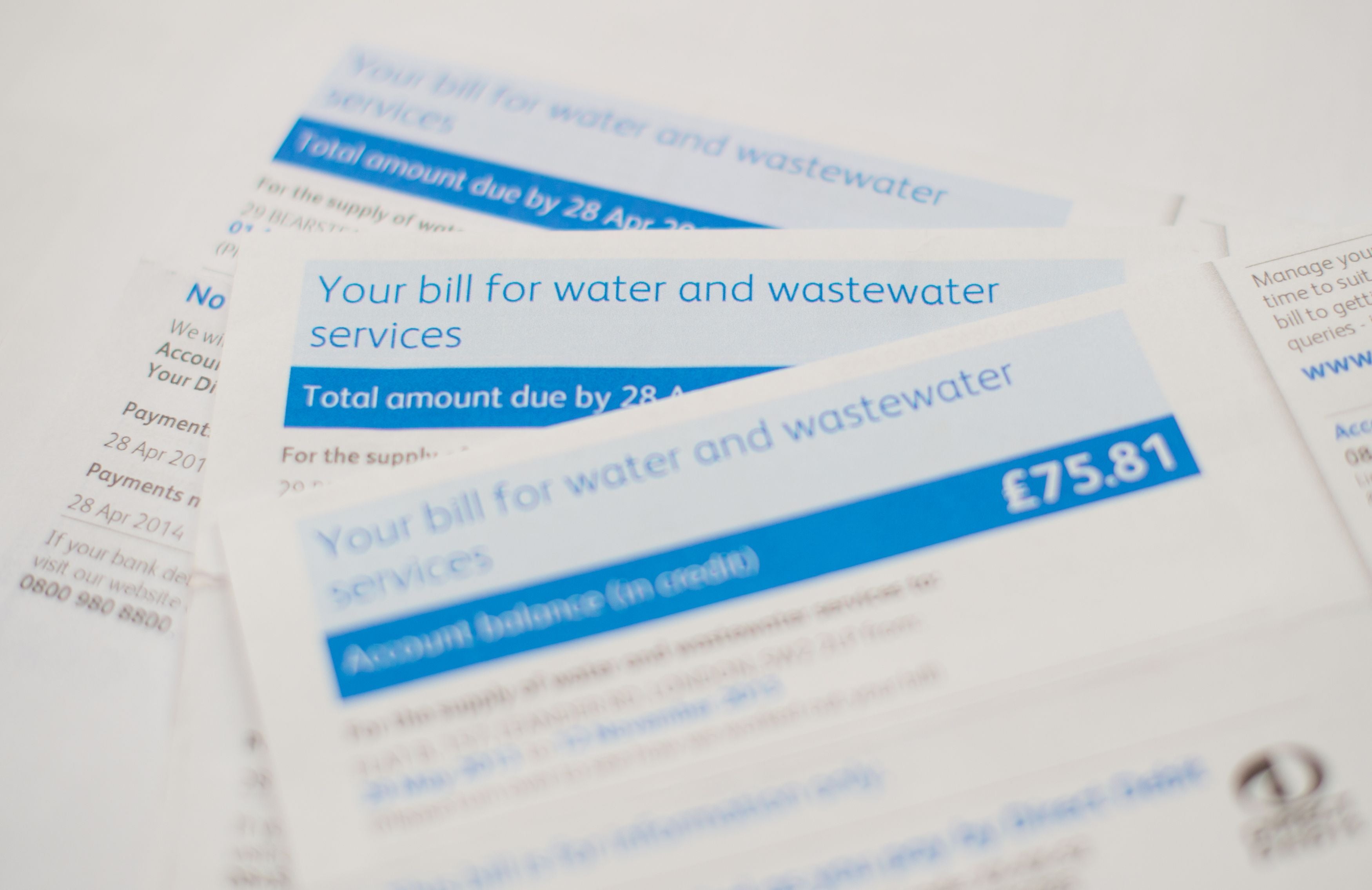Money guru Martin Lewis has shared a slate of new top tips to help tackle bills in 2025. Energy, water and mobiles are all included, with many options to combat price rises set to come this year.
Sharing the advice in his annual ‘BillBuster’ series, Mr Lewis says bill payers should act now to secure cheaper deals. Many of the options available at this early stage in the year are likely to be withdrawn over the next few months, so it’s a good idea to plan ahead.
Household bills will increase for most from April, when the new financial year begins. Water and energy are set to bring the biggest rises, while many local authorities are opting to raise council tax by the maximum amount again.
Ofgem’s energy price cap rose by 1.2 per cent in January, bringing the average household’s annual bill to £1,738. This followed from a 10 per cent rise in October, with another 3 per cent increase expected in April. Meanwhile, water bills are set to rise by £86 on average following regulator Ofwat’s price review.
Faced with these financial struggles, small changes can make a big difference in keeping costs low. Inflation dipped to 2.5 per cent in December, meaning the cost of everyday essentials is rising less quickly – and sparking hopes that interest rates could soon be cut too.
Here are some of the money saving expert’s top tips to cutting costs this year:
Switch to a fixed tariff energy deal ‘now’
Many energy providers offer fixed tariff packages which secure the rate a household pays for its energy. These deals usually last for year or longer. Switching now will mean lower bill in the future for most households, as sticking with a rate will ensure protection from future price cap increases.
However, the rate also remains the same even if the price cap drops below it. Although analysts say this is unlikely, it is something to be aware of. Most energy firms will charge an exit fee to leave a fixed deal which has more than 50 days remaining.
Mr Lewis says there are many fixed energy deals that give a lot of ‘wriggle room’ to protect against this, recommending several which are below the current price cap.
“Move to the cheapest fix and within five working days you’ll be paying typically 7 per cent less than what those on Price Capped tariffs pay,” Mr Lewis writes. “Plus, the rate is locked in so you get peace of mind that it won’t change.”
Moving to a free water meter could save hundreds
A water meter measures exactly how much water a household uses, ensuring that bills will only reflect what is used. Despite being free in England and Wales, only 40 per cent of households have one.
Mr Lewis says the current water billing system is especially unfair on people with bigger houses, who will be charged more based on the rentable value of their home instead of water usage. He advises that anyone with a spare bedroom, or the same number of bedrooms as household members, has a good chance of saving with a water meter.

If a water company refuses to install a meter on practicality grounds, households can also request an ‘assessed charge bill,’ which is based on the number of people in the property.
The money saving expert shares a story from Luke, a homeowner who saved thousands with a water meter: “I became a first-time buyer in October 2024, so I’m new to utility bills etc. My water company wanted to charge me £50/mth for just me in a two-bed flat. I called them to negotiate - they told me that’s the price and to deal with it.
“So I booked an appointment (which they hid from me in the first place), and because they could not fit the meter, I’m now on assessed charges of around £100/yr, saving me £500/yr that quickly.”
Check you’re getting the best mobile deal
Although mobile phone contract deals have gotten cheaper in recent years, those with existing contracts have seen unwelcome mid-contract price rises. Ofcom is launching new rules around this practice in January, but not banning it outright.
Because of this, many customers aren’t getting the deal that’s best for them says Mr Lewis. The first thing to do is text INFO to 85075 – under Ofcom rules, your provider must reply to this text with information about their existing contract.
Your provider’s text will tell you if you would have to pay a ‘termination charge’ or not. An estimated 14 million people are out of contract, which means there should be no fee to switch.
If you are one of these people, it might be a good idea to switch as soon as possible. Mr Lewis says that many are paying four times more for their mobile contracts than needed, offering a helpful guide to the best deals available.







